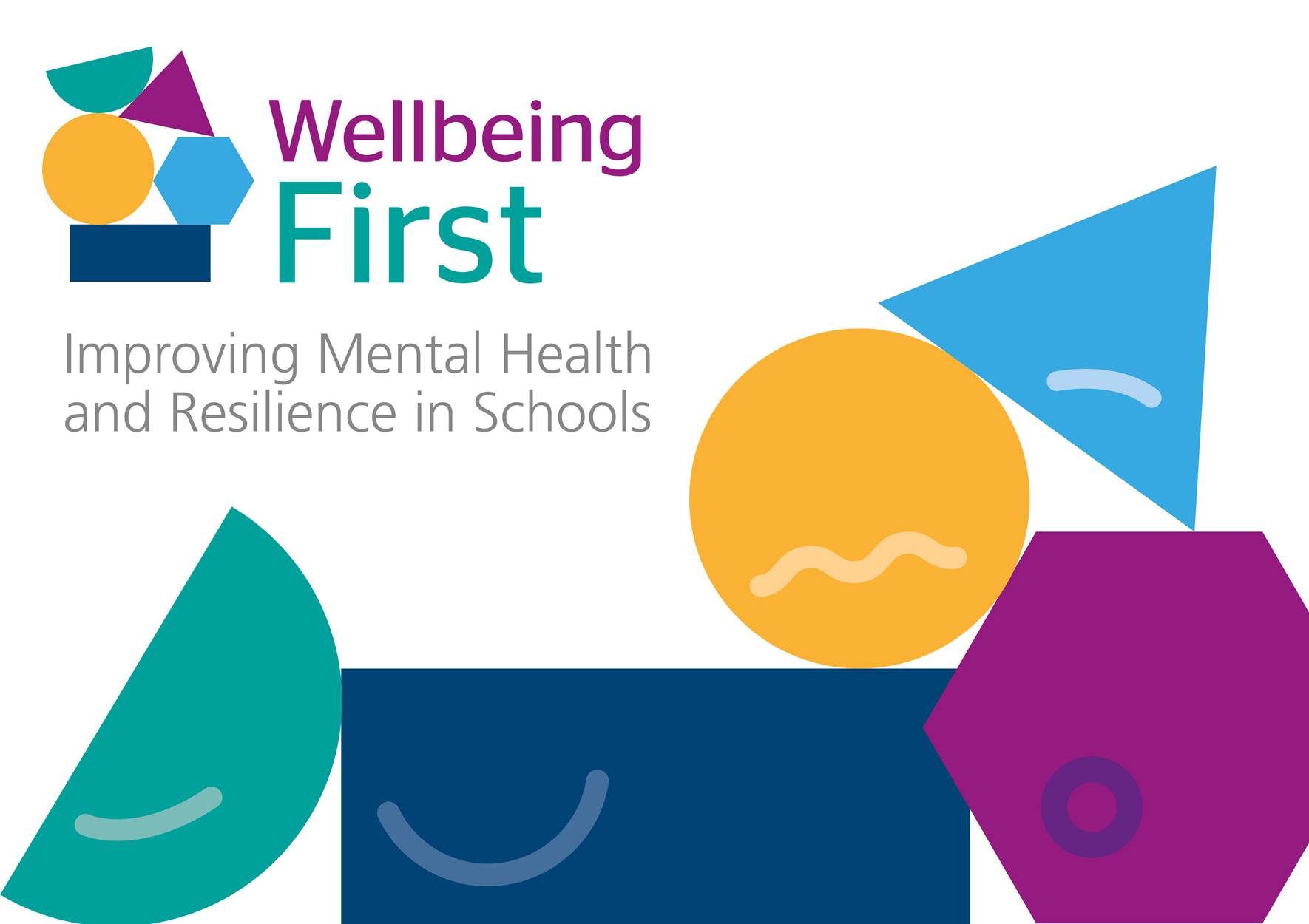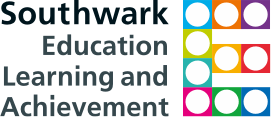Southwark's Improving Mental Health and Resilience in Schools (IMHARS)

Wellbeing First: A whole-school/college approach to improving mental health and resilience in schools (IMHARS)
The Southwark IMHARS resource is evidence-based and research-informed and has been developed by the IMHARS & Healthy Schools Champions Group and Southwark Council, in collaboration with teachers, practitioners, local partners and experts including the Family Early Help, the Educational Psychology Team, the Southwark CAMHS service and The Nest community mental health resource. It is designed for all educational settings including early years, schools, and post-16 settings in Southwark.
Its aim is to provide easily, accessible and flexible resources that enable schools and colleges to reflect on their current provision for mental health and wellbeing, through the lens of resilience. And to ensure all schools and colleges continue to develop and build on a whole school/college approach to mental health and wellbeing.
The materials have been informed and inspired by many tried and tested resources and approaches in the field, including by the wealth of resources that have emerged since the start of the COVID-19 pandemic. These include “Young Minds Academic Resilience” materials (adapted from Hart & Blincow by Boing Boing), the Islington Mental Health and Resilience in Schools programme, the Thrive Model, resources from the Anna Freud Centre, the PSHE Association, Public Health England and the Wellbeing for Education Return training resources from the DFE and MindEd.
These resources have provided immense support to all education settings to return to school during the pandemic and have further developed our understanding of resilience. They have also reinforced the need for effective local partnerships and collaborations, working closely with other schools and colleges, and across agencies, to continue to develop a shared language and deeper understanding of a whole school/college/setting approach that supports all children and young people and families to develop the skills, understanding and knowledge to navigate today’s world.
|
|
|
|
|
Southwark Wellbeing First IMHARS Framework and Resource
Resilience is defined by the NHS as “our bounce-back ability in the face of difficulty or challenges. Resilience is the ability to adapt and grow following adversity”.
Resilience is not a trait or a rare ability; in reality, it is found in the average individual, and it can be learned and developed by virtually anyone. Building resilience should be considered a process. Most people face adversity and difficulties in their lives from time to time and it is through these experiences that we learn how to cope and develop strategies that will help us in the future.
Some children and families face many challenges in their everyday life that may weaken resilience or can become overwhelming. These can include family problems, health difficulties, housing issues, isolation, trauma, discrimination and poverty. Some families face more than one of these challenges in their daily lives. Learning resilient behaviours from an early age can help children and young people to gain agency over their own wellbeing and mental health and learn important strategies that can help them now and in the future. Click here to learn more about the models that shape resilience.
We know that more than one in ten primary school aged children has an identifiable mental health condition. We also know that the rates of mental health problems increase as children get older, rising to almost 2 in 10 students aged 11-16 and 1 in 5 among 17–22-year-olds. The DfE and Public Health England’s focus on mental health and wellbeing in schools emphasise the need for schools and colleges to take a whole school approach to mental health and wellbeing, including strategic change. The September 2021 guidance (Promoting children and young people’s mental health and wellbeing, Public Health England 2021 working with the DfE), encourages schools and colleges to establish a Wellbeing & Mental Health Team to help senior leaders to develop their approach.

